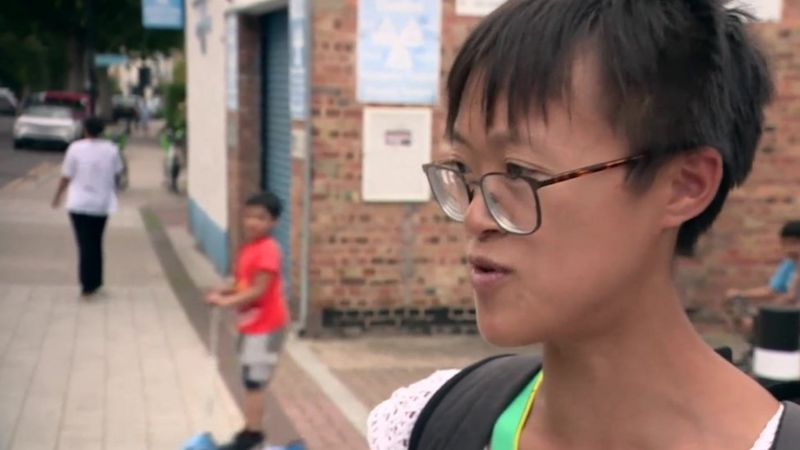Homeowners struggling to meet their mortgage repayments have been speaking about their fears for the future.

The Bank of England has hiked rates 14 times since December 2021, with the Institute for Fiscal Studies predicting that repayments will soon average an extra £520 a month in London.
The cost of borrowing has gone from 0.1% to 5.25% with the rate potentially set to increase again on Thursday.
Wendy told BBC London almost all her household’s money went on the mortgage.
Wendy, who lives in a flat in Greenwich with her IT worker husband and young son, said being on a variable rate meant almost all of their income went on repayments.
She said they were struggling to afford food and that she collects groceries that are past their best-before date where she can.
“It’s been extremely tight and the focus is to pay the mortgage. That’s because we want to keep our house to give us shelter and then food comes almost second,” she said.
“I never thought in my life that I would have to go to a food bank. We are struggling so much.”

Charlotte Towne, who lives on the capital’s Surrey border, said things were going to become “very, very difficult” with her mortgage repayments expected to almost double to £3,100 a month. On top of that her monthly childcare costs are £1,700 a month.
She said it felt “unfathomable” how quickly rates had risen.
If interest rates rise, more than 1.4 million in the UK people on tracker and standard variable rate (SVR) deals will be affected.
- Mortgage rates are falling but don’t celebrate yet
- Five ways to save money on your mortgage
- Renting cheaper than first-time mortgages – Zoopla
Campaign group Positive Money said the interest hikes meant “huge profits” for banks and “massive payouts to shareholders”.
It said “these profits can be considered unearned windfalls from higher interest rates”.
The group said they should be taxed to “help support households through the cost of-living-crisis”.
A Treasury spokesperson said: “We already have two specific taxes for the banking sector – the Bank Levy and the Bank Corporation Tax Surcharge – and the entire UK banking sector generated around £39bn in tax last year, which is almost enough to fund the entire police and justice system.
“The chancellor has been clear, however, that banks must pass on the interest rate increases to savers so they can benefit. The new Consumer Duty – which came into force last week – gives regulators the tools they need to take action where this isn’t happening.”
Culled from BBC


